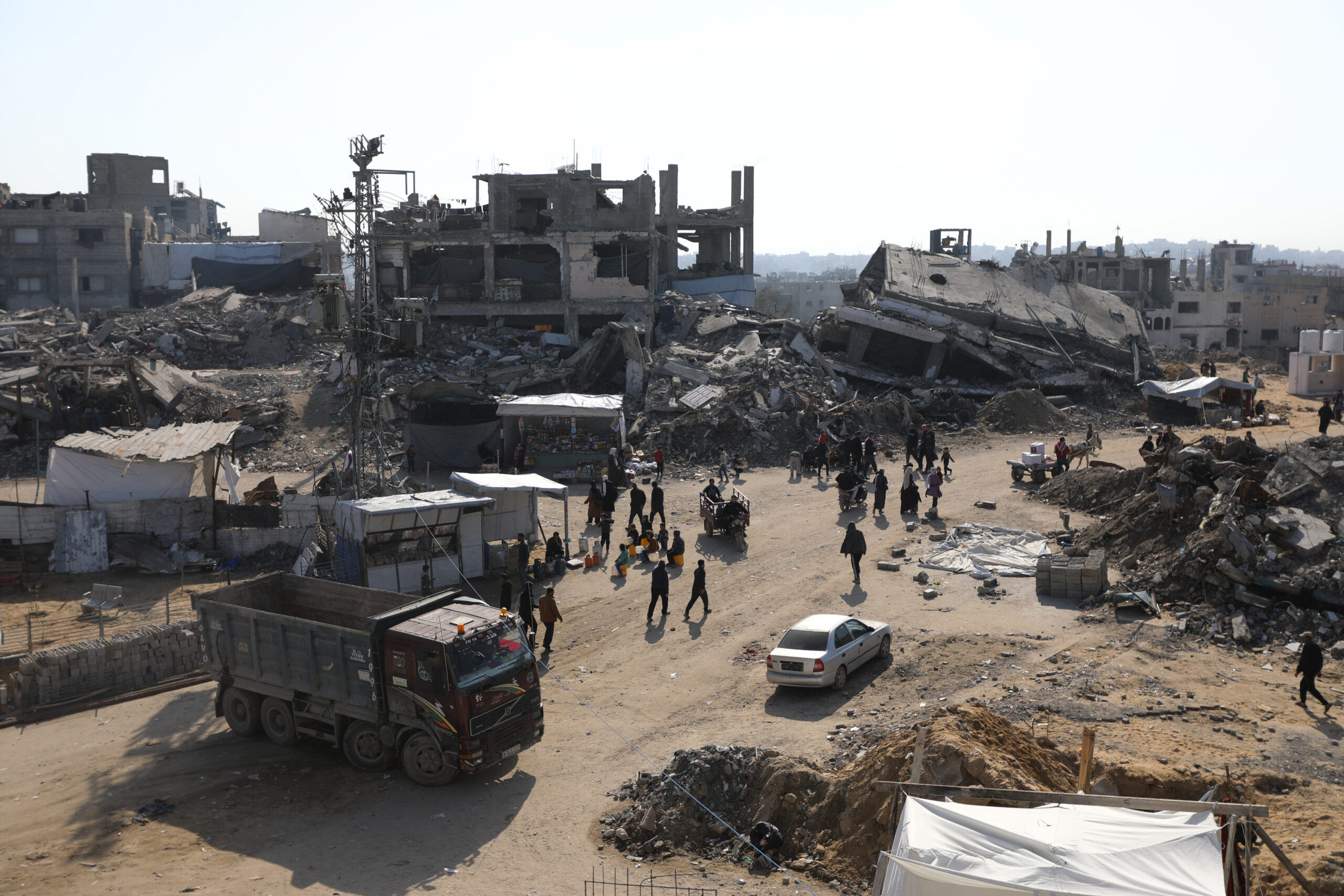Israel Approves Airdrops of Vital Aid to Gaza, Opening Lifeline for Struggling Civilians
In a significant shift in policy, Israel has announced that it will allow Arab countries to resume airdropping humanitarian aid to the Gaza Strip, a move that is expected to provide much-needed relief to the besieged population. This decision comes amid growing international pressure to address the humanitarian crisis in the region, which has been exacerbated by ongoing conflict and blockades. The announcement was made by Israeli officials on Monday, marking a pivotal moment in the ongoing struggle for aid access in one of the most densely populated areas in the world.
The Gaza Strip has been facing unprecedented humanitarian challenges, with reports indicating that over two million residents are in dire need of assistance. The blockade imposed by Israel and Egypt, alongside recurrent military engagements, has severely restricted the flow of essential goods, including food, medical supplies, and fuel. The United Nations has repeatedly warned that the situation in Gaza is deteriorating, with many families struggling to meet basic needs. The Israeli government"s decision to permit airdrops is seen as a critical step toward alleviating the suffering of civilians, who have borne the brunt of the conflict.
Under the newly approved plan, Arab nations, including Egypt and Jordan, will coordinate with international organizations to deliver aid directly to Gaza via airdrops. Israeli officials have emphasized that this initiative will be closely monitored to ensure that aid reaches those in need without being diverted for militant purposes. "We recognize the urgent need for humanitarian assistance in Gaza, and we are committed to facilitating the delivery of aid while maintaining security protocols," stated an Israeli government spokesperson. The decision has been welcomed by various humanitarian organizations, which have long advocated for increased access to aid in the region.

Image for Israel Approves Airdrops of Vital Aid to Gaza, Opening Lifeline for Struggling Civilians
This development comes at a time when regional dynamics in the Middle East are shifting. Recent reports indicate that neighboring countries are increasingly engaging in diplomatic efforts to stabilize the region amid ongoing crises. For instance, recent developments involving the U.S., France, and Syria illustrate a broader trend of collaboration that could influence future peace efforts. Analysts suggest that Israel"s decision to allow aid airdrops may be part of a larger strategy to improve relations with Arab nations and demonstrate a commitment to humanitarian principles, potentially paving the way for more comprehensive peace negotiations in the future.
The implications of this decision are significant. Humanitarian experts have long argued that access to aid is a fundamental right for civilians trapped in conflict zones. Allowing airdrops could not only alleviate immediate suffering but also foster goodwill among the Palestinian population, which has often felt marginalized in the peace process. However, the success of this initiative will depend on the cooperation of all parties involved, as well as the ability to ensure that aid is delivered effectively and safely. The international community will be watching closely to see how this situation unfolds and whether it leads to further diplomatic breakthroughs.
As Israel prepares to implement this new policy, the focus will now shift to the logistics of the airdrops and the extent of the aid that will be delivered. Humanitarian organizations are already mobilizing resources to maximize the impact of this initiative. The hope is that this step will not only provide immediate relief but also serve as a catalyst for renewed dialogue and cooperation in a region that has long been plagued by conflict. The coming weeks will be crucial in determining whether this goodwill gesture can translate into a more sustained effort to address the humanitarian needs of the people of Gaza.
In conclusion, Israel"s approval of aid airdrops to Gaza represents a critical juncture in the ongoing humanitarian crisis. As the world watches, the focus will be on the actions taken to ensure that aid reaches those in need and whether this initiative can spark a broader movement towards peace and reconciliation in the region. The lives of millions hang in the balance, and the international community must remain engaged to support and monitor the situation closely.


![[Video] Heavy clashes and gunfire reported in Baghdad, Iraq](/_next/image?url=%2Fapi%2Fimage%2Fthumbnails%2Fthumbnail-1768342239932-848qsh-thumbnail.jpg&w=3840&q=75)




![[Video] Gunfire between Iraqi security forces and Sadr militias in Baghdad](/_next/image?url=%2Fapi%2Fimage%2Fthumbnails%2Fthumbnail-1768343508874-4redb-thumbnail.jpg&w=3840&q=75)
